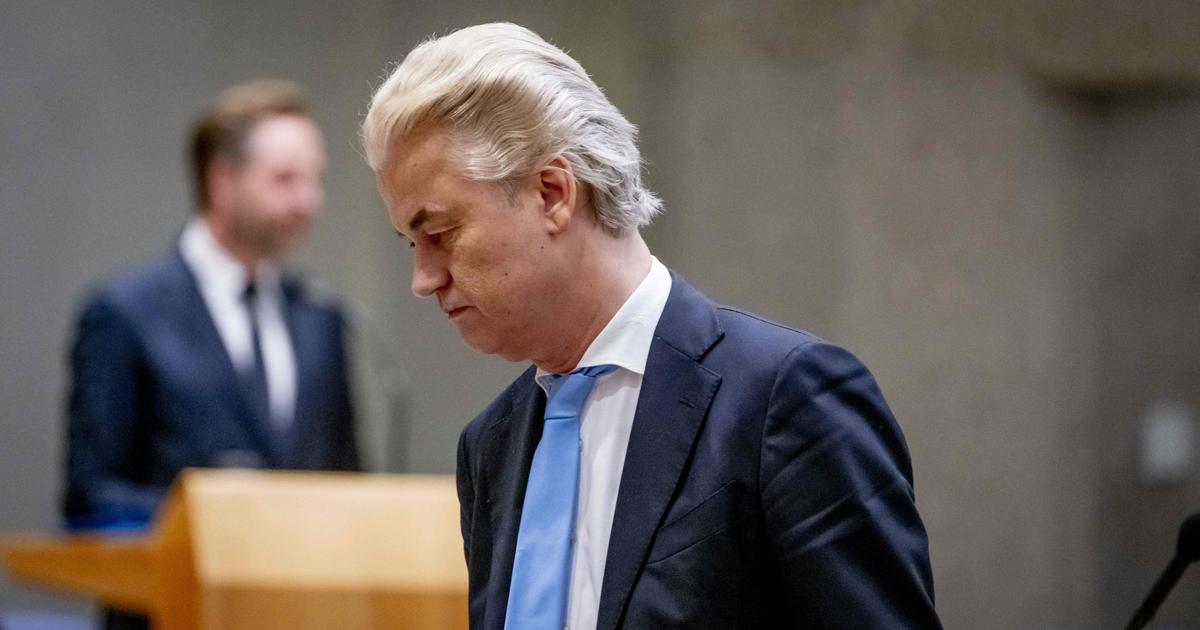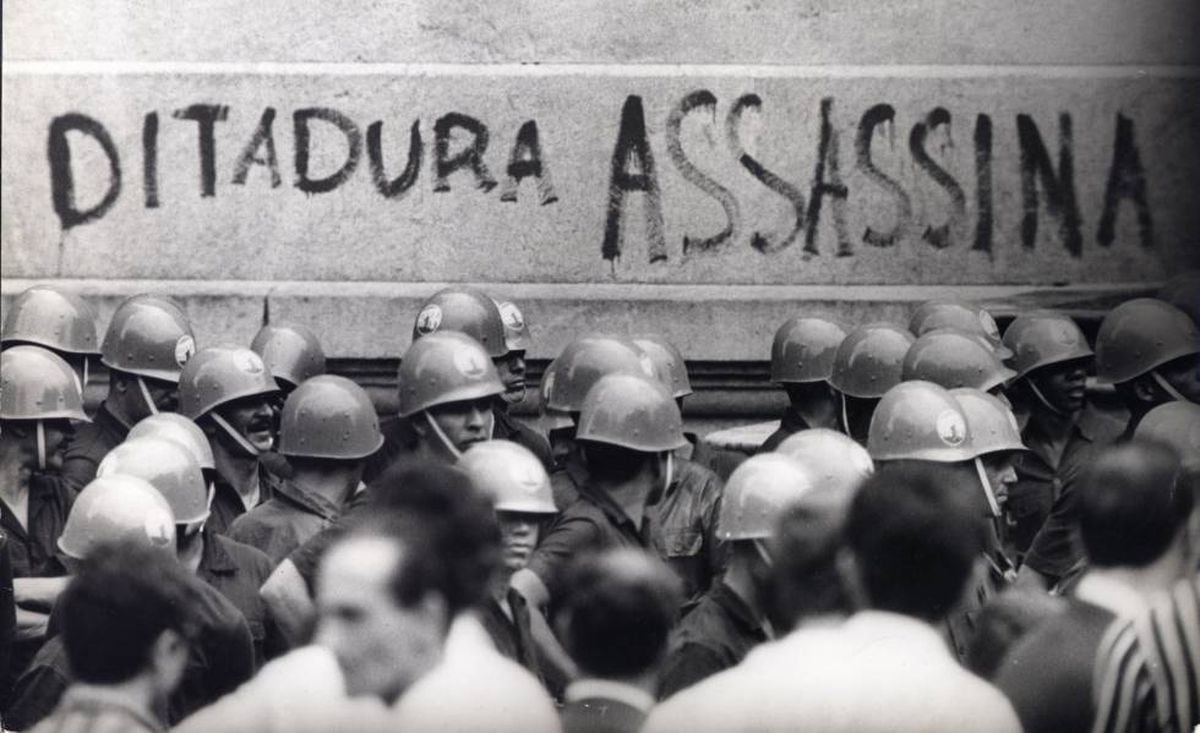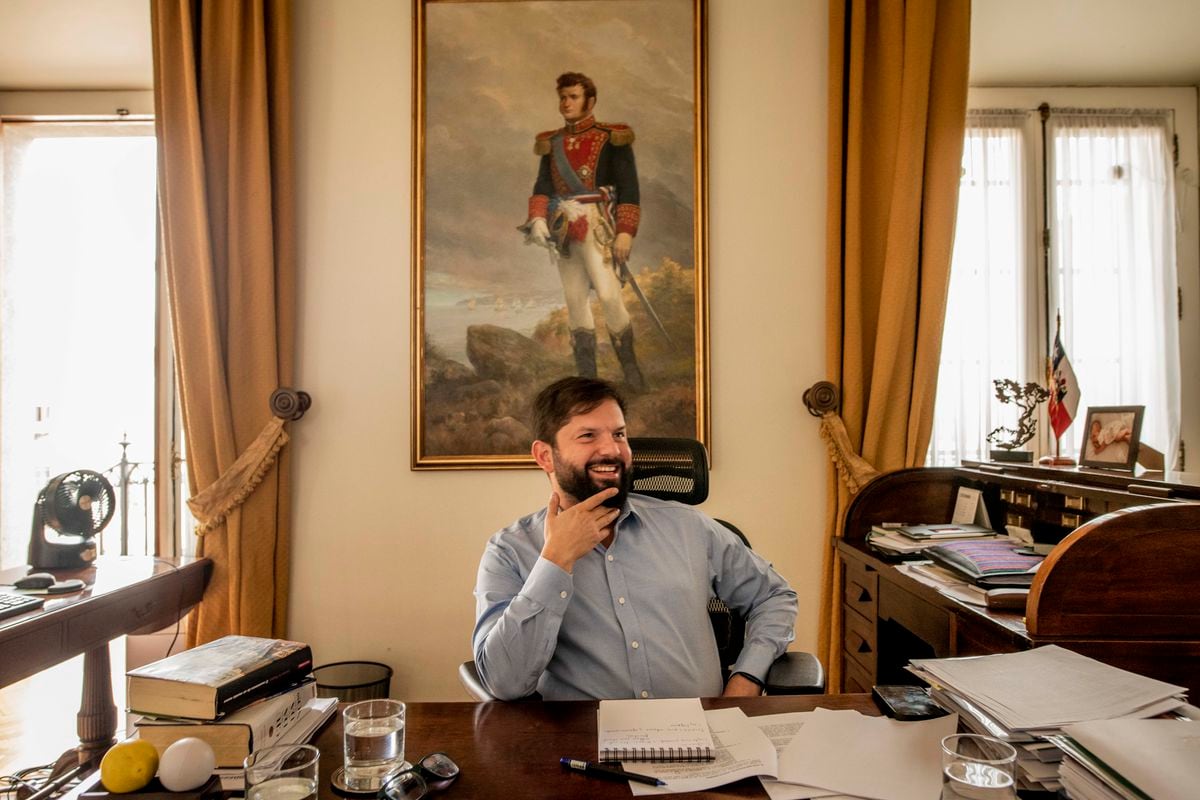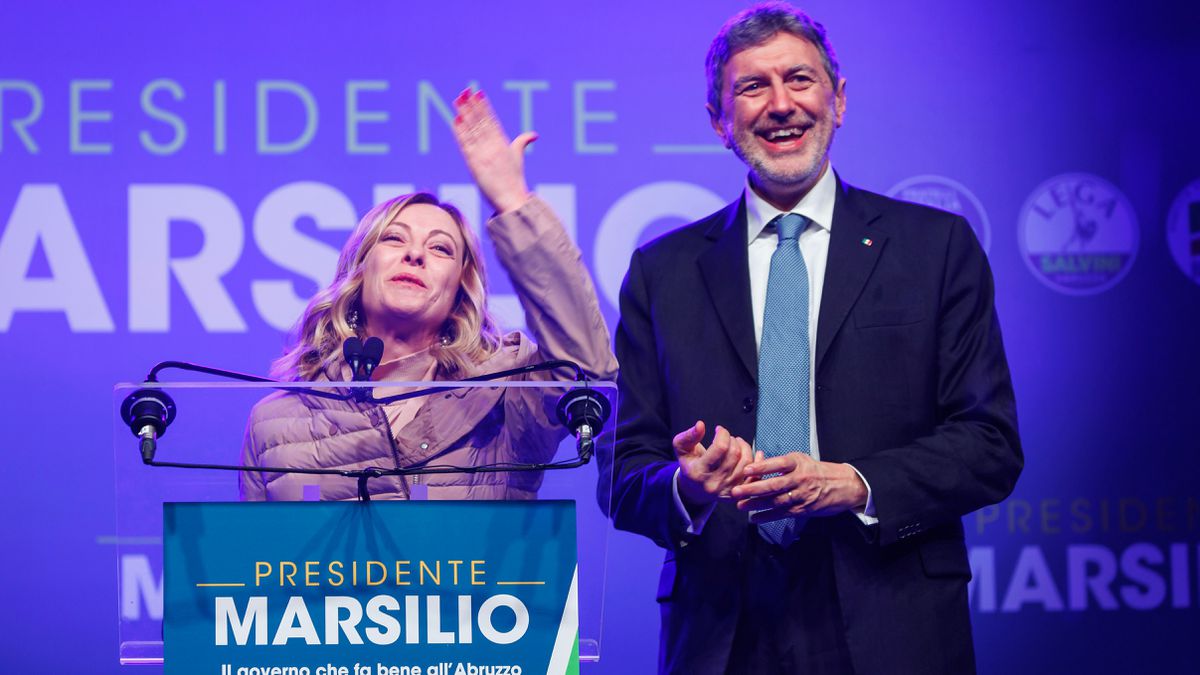Chile has taken an unexpected and abrupt turn to the left this weekend. The 155-member convention, which from June will have one year to draft the new Constitution, has been dominated by the independents, who will have 48 members on the body (31%). It is a strong punishment to the traditional political class. Both Sebastián Piñera's right and the center-left, the two sectors that led the transition to democracy and ruled Chile since 1990, suffered a historic defeat. The ruling bloc did not even reach the third of representatives necessary to negotiate (37 elected, with 23.9% of the vote). Meanwhile, the moderate opposition list obtained only 25 seats (16.1%) and was surpassed by the left by the Communist Party and the Broad Front,a group of parties and movements that grew out of the 2011 university protests, similar to Podemos in Spain. With 28 elected (28.1% of the votes), this alliance was installed as the first opposition force in the constituent.
More information
Chileans punish political parties in their constituent elections
"Chile has a culture in which classism persists and generates resentment and violence"
Chile, chronicle of a fractured country
It has been a political earthquake. With the result of the weekend, the convention that will be formed from June will be atomized, without the control of the parties, dominated by the opposition and with the right without any relevance in the discussion. The government accused the coup last night. "Citizens have sent us a clear and strong message, both to the Government and to all traditional political forces: we are not adequately tuning in to their demands and desires," said President Sebastián Piñera, from La Moneda, supported by his cabinet. From the center-left, which is at a crossroads due to the role that it will play in the organ, the reaction was emphatic: "The former Concertación [of the center-left] died and was buried a long time ago and that has been very clear in this election."said last night the president of the PPD party and the party's presidential candidate, Heraldo Muñoz.
After the results of the election of constituents, the dollar has shot up this Monday morning, due to the uncertainty generated by the defeat of the ruling bloc by not achieving a third of the conventional ones and the irruption of the independents. The peso has depreciated 2.5%, a depreciation against the US currency unprecedented since the social outbreak of October 2019. Shares on the Santiago Stock Exchange, meanwhile, fall 10%.
The Communist Party, which was part of the second government of Michelle Bachelet (2014-2018), in parallel had other important triumphs in the municipal elections, which were held together with the election of constituents and regional governors. The party was left with the mayoralty of the municipality of Santiago, the one with the greatest symbolism among the 345 that exist in Chile, and took the position from the right. The elected mayor, Irací Hassler, an economist, is 30 years old. Never before had the communists led this municipality, not even in the Government of the Popular Unity of Salvador Allende (1970-1973), of which they were part. The result leaves Daniel Jadue, the party's presidential candidate for the November elections, in an unbeatable position within the opposition.that this weekend he was reelected as mayor of the capital city of Recoleta, with 64%.
The Broad Front of the left, the group of parties and movements that emerged in 2011 with the university protests, was another of the great victors of the double election day, which went flawlessly, as is customary in Chile. Led by deputies such as Gabriel Boric and Giorgio Jackson, this formation gave the
sorpasso
to the center-left and to the right, from which important municipalities were taken away.
The Frente Amplio candidates took at least two very symbolic mayoralties from the right: that of the popular Maipú, in Santiago, and that of Viña del Mar (about 100 kilometers from the capital).
In Ñuñoa, a wealthy municipality in the eastern zone, the Frente Amplio also won the mayor's office.
With these results, Boric, just 35 years old, the presidential candidate of the sector, has a new impetus for his career at La Moneda.
A new political system
The unusual alliance between the center and the left that made the recovery of democracy possible in Chile after the dictatorship of Augusto Pinochet, and the right that was its counterpart in the last 31 years, will have a diminished role in the drawing of the new country that it will be done with the new Constitution. It has been decided by 43% of the citizens who voted this weekend, a very low figure for the relevance of the multiple election, where Chile begins its reorganization. In a country with high abstention and voluntary voting since 2012, turnout at the polls was expected to be at least similar to that of the constitutional plebiscite last October, where there was a 50.9% turnout. Given the high abstention rate, which went from 50% to 60%, it seems clear that Chile will have to reopen the discussion on the reinstatement of compulsory suffrage.
Chile will redefine itself on fundamental issues. The convention will discuss its political regime and government system, because there is some consensus that the Chilean-style presidentialism - exacerbated - showed deficiencies with the revolts of October 2019. It will debate on decentralization and regionalization, in a unitary and strongly centralized state in the capital, like the Chilean. The 155 constituents must agree on different matters related to indigenous peoples, such as their express recognition in the Constitution or multinationality. It is a central issue, given the historical relationship problems between the Mapuche people and the Chilean State. The constituent body will discuss the economic development model, the fate of institutions such as the Constitutional Court,the model of the State - economic and social rights are hot debates - and issues that are especially sensitive to markets, such as the autonomy of the Central Bank.
With 17 seats reserved for indigenous peoples, the convention will be equal between men and women (78 and 77, respectively).
The average age of the conventional is 45 years.
Subscribe here to the
EL PAÍS América
newsletter
and receive all the informative keys of the current situation in the region.

/cloudfront-eu-central-1.images.arcpublishing.com/prisa/FY4LVHWLKLIUZLGVVWWUMRRYMM.jpg)





/cloudfront-eu-central-1.images.arcpublishing.com/prisa/BBJE3CUDOBH7REFFA5D6T47C2U.jpg)
/cloudfront-eu-central-1.images.arcpublishing.com/prisa/4XSJY3LQBRDSLI45GAKBEZQGGM.jpg)





/cloudfront-eu-central-1.images.arcpublishing.com/prisa/B7F2F3HZ2JCUHDZJKAGKAXXPSU.jpg)